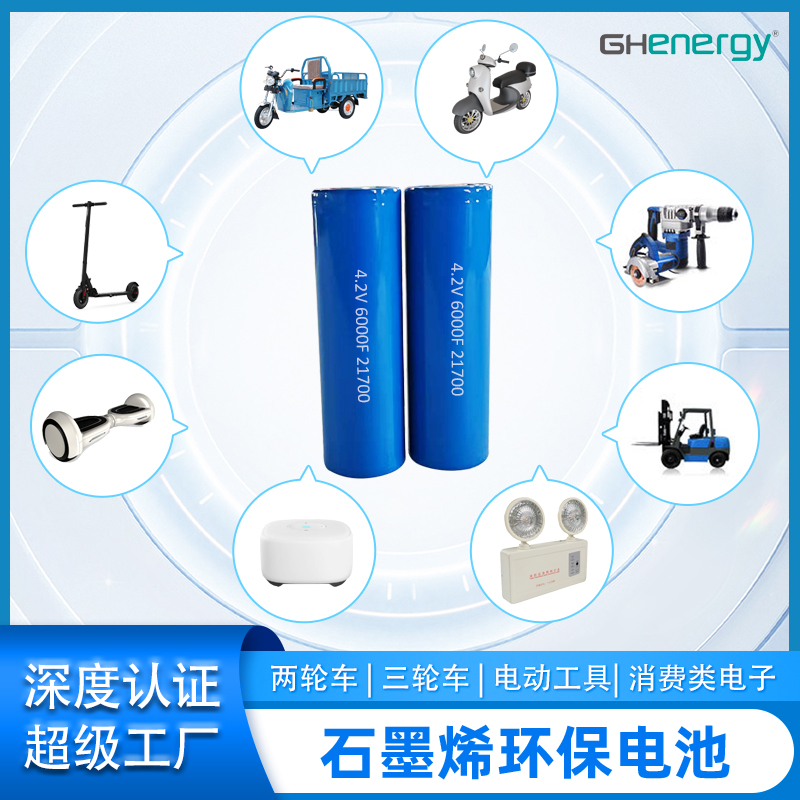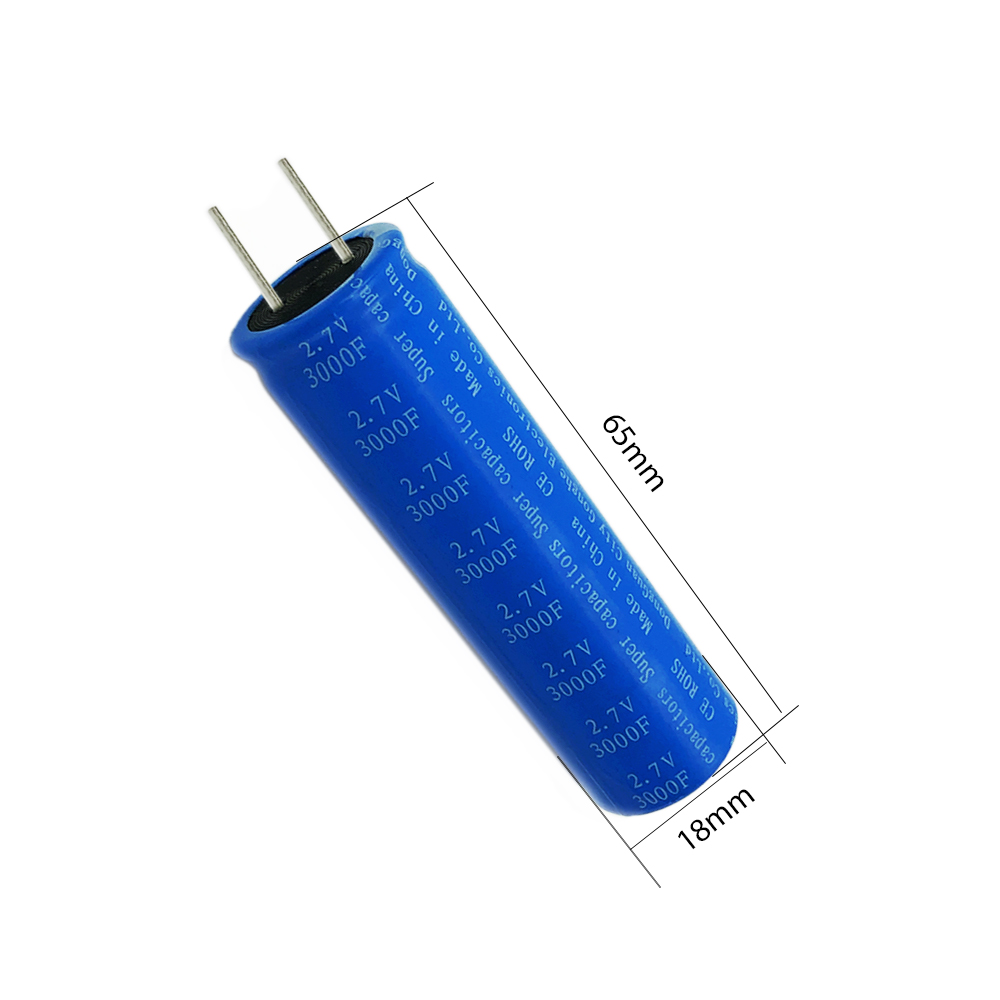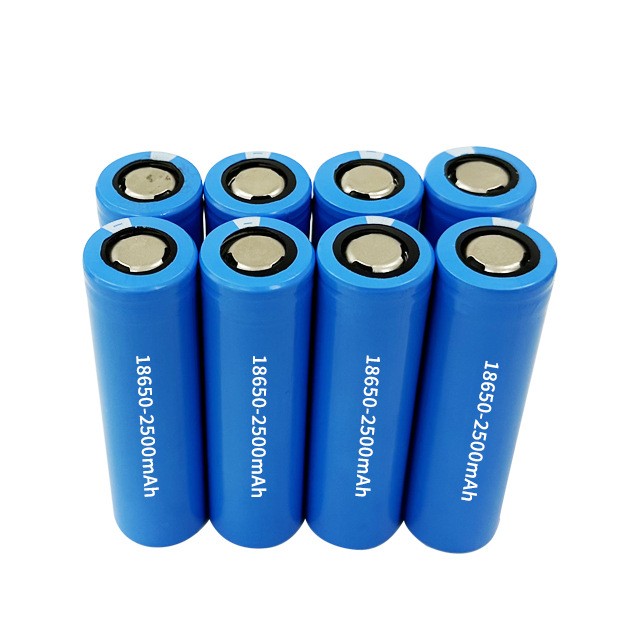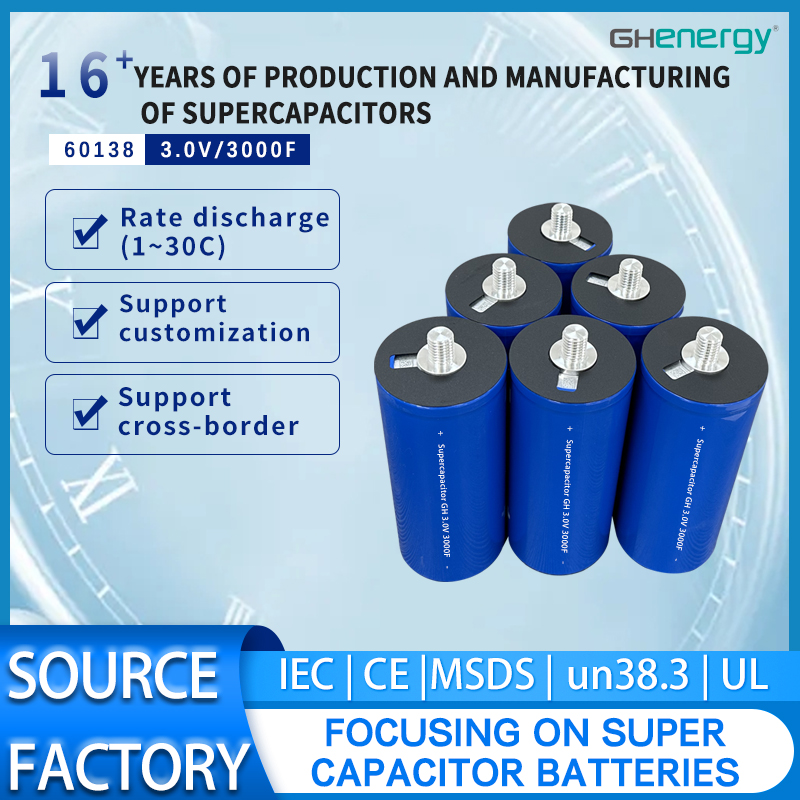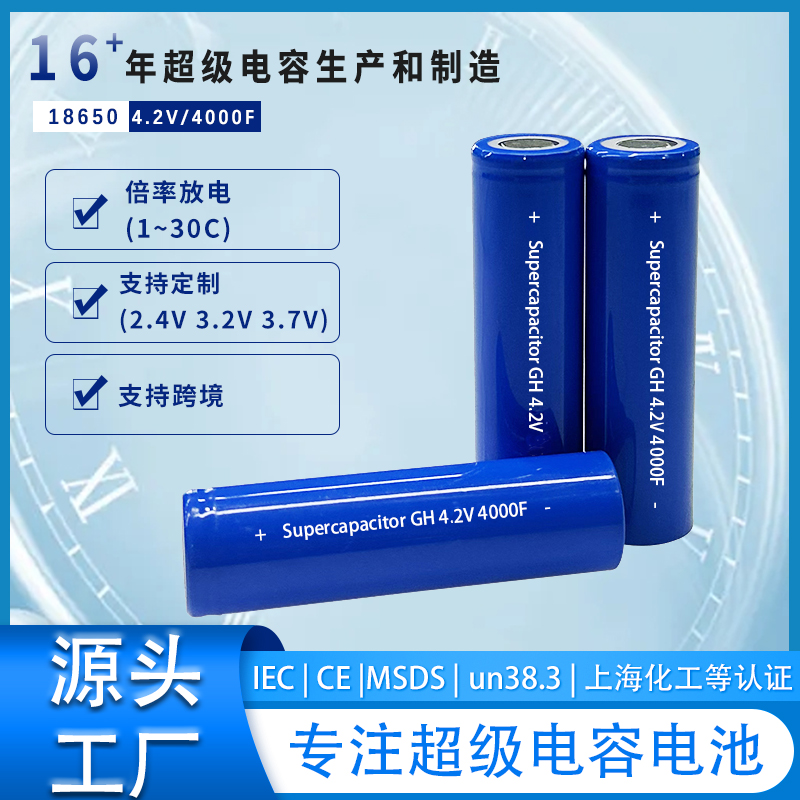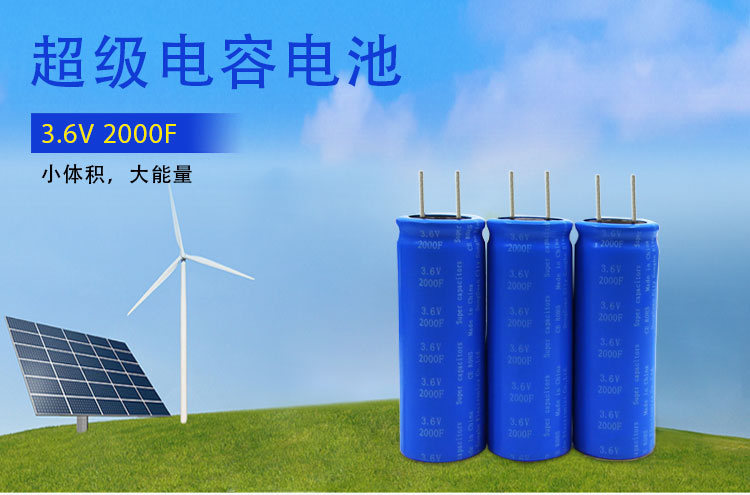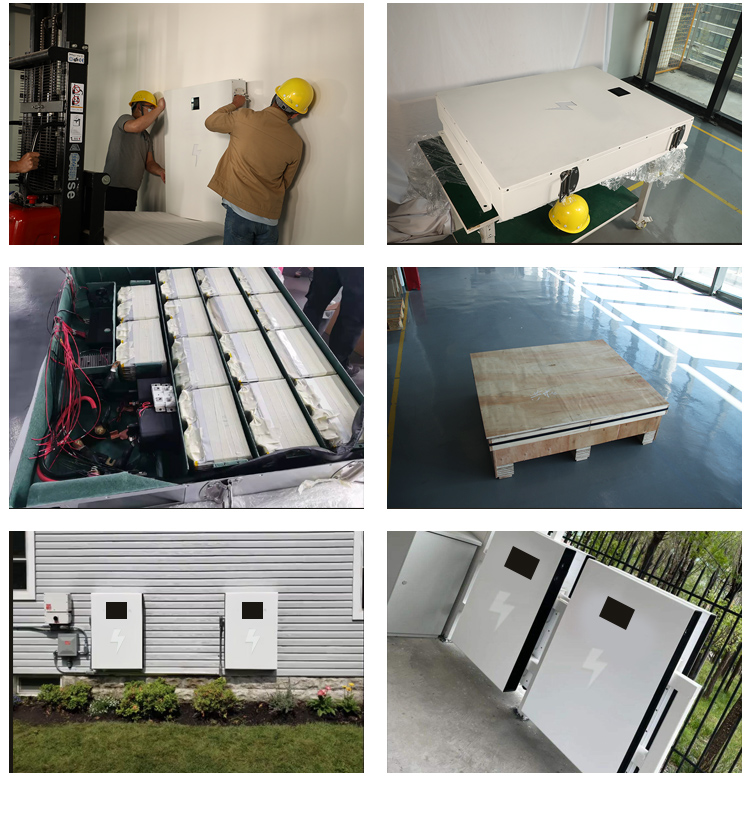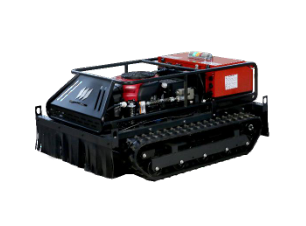Wedoany.com Report-Nov 15, Fusion for Energy (F4E) manages Europe's contribution to the International Thermonuclear Experimental Reactor (ITER) project to build a tokamak fusion device designed to prove the feasibility of fusion as a large-scale and carbon-free source of energy.
The members of the consortium have been involved in the project since 2010 and said the contract win reflected their innovation "with the use of cutting-edge digital technologies such as systems modelling and artificial intelligence, aimed at automating engineering and project management processes".
F4E said the contract is expected to run to 2030 with the possibility of extension, and "foresees the provision of services in the form of consulting, design, nuclear safety, construction and project and management. Building on their previous collaboration, and knowledge acquired through one of the largest Architect Engineer contracts ever signed, the two parties will continue to work together in order to complete the civil and mechanical works performed on the site of the fusion experiment".
Thirty-three nations are collaborating to build ITER - the European Union is contributing almost half of the cost of its construction, while the other six members (China, India, Japan, South Korea, Russia and the USA) are contributing equally to the rest. Europe is responsible for delivery of nearly all ITER buildings, facilities, infrastructure and power supplies and the three companies in the b.NEXT consortium will also assist F4E in supervision of works in the Tritium building and contribute to the design and construction of facilities hosting generators and fuel storage tanks.
Stéphane Aubarbier, deputy CEO of Assystem, said: "The ITER project is the most ambitious nuclear research programme in recent decades. The success of b.NEXT illustrates the strength of our consortium, which brings together complementary expertise in engineering, project management and digital technologies. We are convinced that fusion technologies are crucial to maximising sustainable, low-carbon electricity production worldwide, while offering promising career prospects for current and future generations."
François Martin, chief nuclear officer at Egis, said: "We are proud to play a part in fusion technology, to contribute to providing a concrete response to the goal of carbon neutrality by 2050, enhancing energy security, and improving the quality of life of billions of people around the globe. We can see rapid growth in fusion investment and the importance of building solid supply chains to deliver future reactors."
Javier Perea, CEO of Empresarios Agrupados, said: "The ITER project is very relevant to designing the future energy mix and a transition free of CO2. The project will pave the way for a sustainable, inexhaustible energy source ... this contract builds on the great teamwork of b.NEXT partners and Fusion for Energy since 2010, bringing together the best capabilities in advanced engineering for nuclear projects of the highest complexity."
Marc Lachaise, director of F4E, said: "Europe’s participation in ITER offers companies a unique opportunity to be involved in the biggest international fusion project, which will influence the energy mix of the future. They will be part of a large supply chain managed by F4E, which will strengthen their skills, boost their competitiveness, and provide them with first-hand experience in developing tomorrow’s fusion devices."
